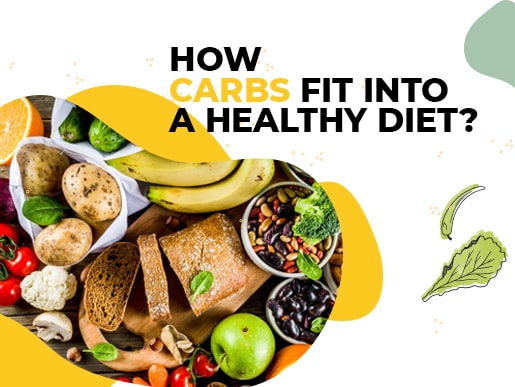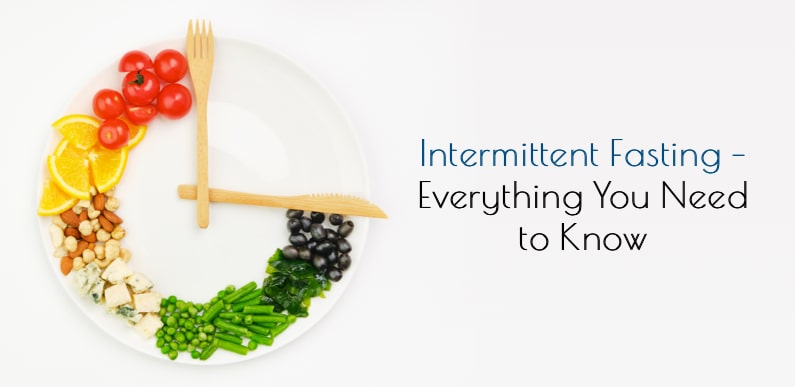How Carbs fit into a healthy diet?
Carbohydrates are not bad, but some may be healthier than others.
Carbohydrates often get a bad rap, especially when it comes to weight gain. But carbohydrates are not all bad. Because of their numerous health benefits, carbohydrates have a rightful place in your diet. Your body needs carbohydrates to function well.
But some carbohydrates might be better for you than others. Understand more about carbohydrates and how to choose healthy carbohydrates.
Understanding Carbohydrates
Carbohydrates are a type of macronutrient found in many foods and beverages. Most carbohydrates occur naturally in plant-based foods, such as grains. Food manufacturers also add carbohydrates to processed foods in the form of starch or added sugar.
The natural sources of carbohydrates include:
-
- Fruits
- Vegetables
- Milk
- Nuts
- Grains
- Seeds
- Legumes
Types of Carbohydrates
There are three main types of carbohydrates:
- Sugar: Sugar is the simplest form of carbohydrate and occurs naturally in some foods, including fruits, vegetables, milk, and milk products. Types of sugar include fruit sugar (fructose), table sugar (sucrose), and milk sugar (lactose).
- Starch: Starch is a complex carbohydrate, meaning it has many sugar units bonded together. Starch occurs naturally in vegetables, grains, and cooked dry beans and peas.
- Fiber: Fiber also is a complex carbohydrate. It occurs naturally in fruits, vegetables, whole grains, and cooked dry beans and peas.
How many Carbohydrates do you need?
The Dietary Guidelines for Americans recommends that carbohydrates make up 45 to 65 percent of your total daily calories.
So, if you get 2,000 calories a day, between 900 and 1,300 calories should be from carbohydrates. That translates to between 225 and 325 grams of carbohydrates a day.
To read more blogs on Diet and Nutrition,
click here https://fns360.live/category/nutrition/






